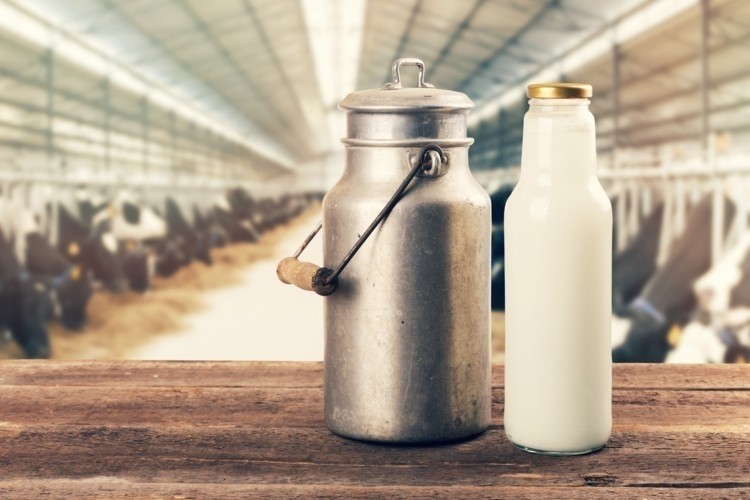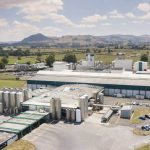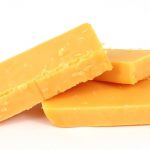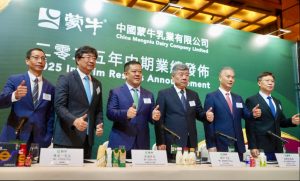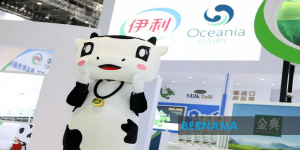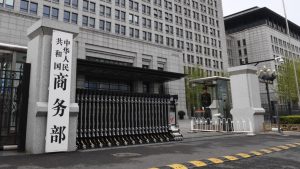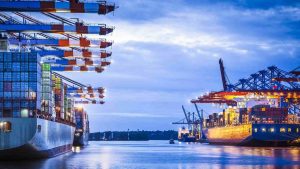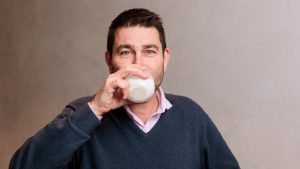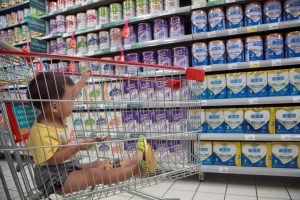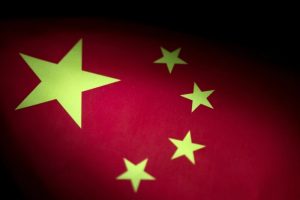
The strategy, dubbed the ‘Dairy Product Quality and Safety Enhancement Action Plan’, was announced by China’s State Administration for Market Regulation (SAMR) and is the latest in the country’s many attempts to motivate local consumers to increase dairy consumption including the formulation of formal consumption guidelines for this last year.
“[Although] the overall level of dairy product quality and safety has been on the rise in recent years, this strategy has been formulated as there are still various problems plaguing the dairy industry [that need to be solved] for it to reach maximum potential,” said SAMR via a formal statement.
“These issues include a lack of independent research capability in the private sector [leading to] low competitiveness, and continued poor food safety management which is also continuing to affect the reputation of the industry.
“The goal of the strategy, to be implemented until 2023, is to target these problem areas and achieve objectives [including] an optimised dairy quality and safety regulatory and standards system, with supervision capabilities enhanced such that 100% of all dairy problems can be detected and rectified [in a timely manner].
“Other goals for [players in the dairy industry] include a food safety self-inspection rate of 100% efficiency, risk detection and reporting rate of 100% efficiency and Hazard Analysis and Critical Control Point (HACCP) system implementation at 100%.”
The strategy emphasized on the government’s plans to revise current regulations and standards governing the dairy industry, particularly in the area of food safety, so as to build a ‘more scientific and sensible regulatory system’.
“[Of priority] will be the revision of national food safety standards for raw milk, sterilized milk, pasteurized milk and infant formula, as well as the formulation and improvement of processing technology and testing standards,” said SAMR.
The other regulatory aspect that the agency is looking to explore is that of ‘social co-governance’ – essentially a system that will reward whistleblowers or anyone discovering ‘hidden food safety hazards’ and pointing these out.
“One of the main measures we will be looking at to strengthen dairy product and safety monitoring is to actively promote social co-governance – this will include opening channels for complaints and reports, and increasing rewards for such reports,” it said.
“The idea is to encourage all sectors of society, especially [dairy] internal personnel, media, consumers, etc. to report or provide clues on dairy product quality and safety issues, and expose illegal activities of companies, [and to also] encourage firms to establish a reward system for internal employees to discover hidden food safety hazards [so they can improve] and bring up the reputation of the sector.”
R&D as a major focus
On strengthening dairy research capabilities in the industry, the government aims to provide more guidance for dairy firms to conduct better R&D, both in terms of product innovation and technology utilisation.
“In terms of technology, first there is a need for local dairy firms to strengthen cold chain storage and transportation facilities, [with] the capability to ensure temperature monitoring all throughout so as to ensure product safety and quality,” said SAMR.
“To this end, we want to guide companies to increase investment into digitisation and traceability systems [as this is the only way] to achieve full product traceability [and increase] consumer trust in the dairy products.
As for product innovation, the areas of focus will be on developing high-quality dairy product varieties and processing methods to optimise product development into more value-added products.
“[It is also important to look at] developing representative products for firms to raise their competitiveness based on [President Xi Jinping’s] ‘Be Bigger Be Stronger’ concept,” said SAMR.
Reduced tariffs for dairy products
In addition to local efforts to boost the dairy industry, the Chinese government recently also announced that it would be lowering or removing tariffs levied on certain imports – including dairy – in an effort to boost imports and local supply.
According to documents released by the Chinese Customs Tariff Commission, these tariff rates would be even lower than those given to Most Favoured Nations (MFN), and the beneficiary countries within the APAC region include New Zealand, Australia, South Korea, and Pakistan based on bilateral agreements with these countries.
A wide range of dairy products from these countries will see reduced taxation – for instance, cheeses from MFN countries typically see a 12% tax, but based on the new agreements cheese from Pakistan is taxed just 6%, from South Korea 6.4% and from Australia 3.6%.
New Zealand cheese has had all levies on it removed, so imports to China will see 0% taxation.
